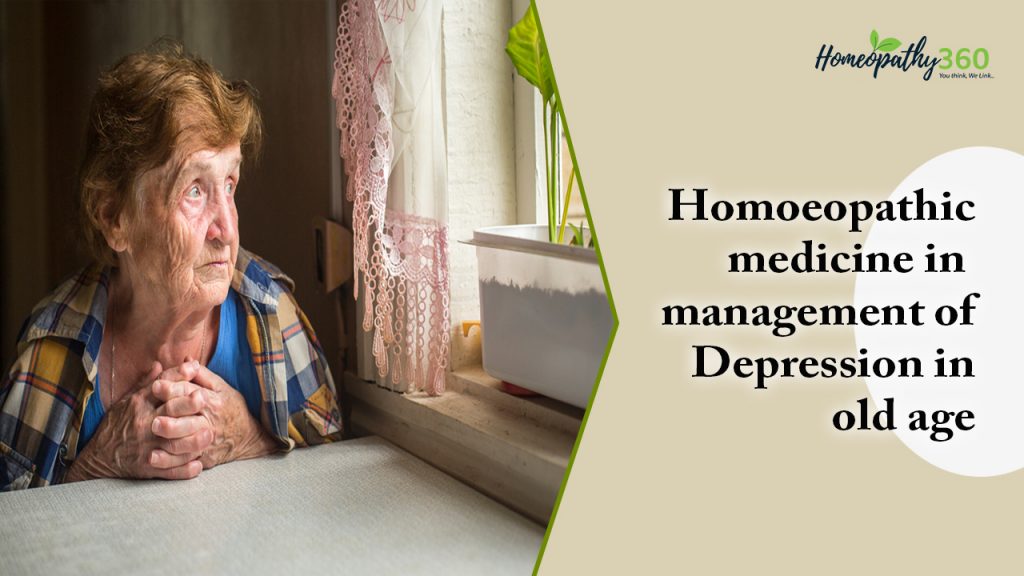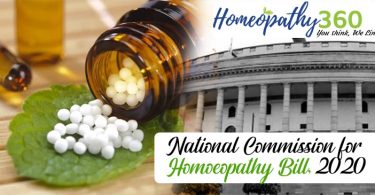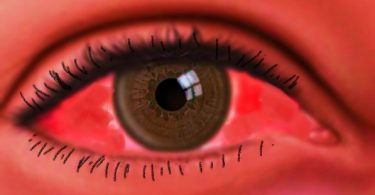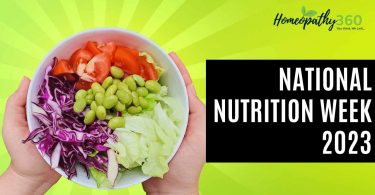
Introduction:
Depression: (major depressive disorder) is a prevalent and severe medical condition that have adverse impacts on your emotional state, cognitive processes, and behavioural pattern .
Depression can be described as an emotional condition characterized by fluctuating levels of sadness. Hopelessness, and solitude. It often presents as a mood disorder accompanied by reduced activity, feelings of guilt, difficulty concentrating, withdrawal from social interactions, disruptions in sleep patterns, and in some cases, inclinations toward self-harm.
A mental disorder in which an individual experiences prolonged periods of profound unhappiness: and anxiety, which disrupt their ability to lead a typical life during these episodes.
Elderly individuals have a higher likelihood of experiencing subthreshold depression, which doesn’t always fulfil all the criteria for major depression. Nevertheless, if left unaddressed, it has the potential to progress into major depression.
Causes of Geriatric Depression –
There is no single cause of depression in any age group. Some research indicates that there could be a genetic link to the disease. However, biological, social, and psychological factors all play a role in depression in older adults.
Studies indicate that the following factors could play a role in the development of depression: Reduced levels of essential neurotransmitter substances within the brain, such as serotonin and norepinephrine. A family history of depression. Distressing life occurrences, like experiencing Abuse or the loss of a beloved family member.
Complications associated with aging may contribute to depression in older adults. These problems can include:
- Limited mobility
- Isolation
- Facing mortality
- Transitioning from work to retirement.
- Financial hardships
- Prolonged substance abuse
- Deaths of friends and loved ones
- Widowhood or divorce
- Chronic medical conditions.
The symptoms of depression remain consistent across all age groups, they can include:
- Sadness
- Feelings of worthlessness
- Irritability
- Fatigue
- Crying spells
- Apathy
- Restlessness
- Lack of concentration
- Withdrawal
- Sleep problems
- Changes in appetite
- Thoughts of suicide physical aches and pains.
- In older adults, unexplained physical pain is frequently attributed to depression
FACTORS FOR DEPRESSION
- Old age people, Female sex, child maltreatment or neglect, stressful life events, chronic illness, and family history of depression are among the biomedical and psychosocial risk factors.
- Depression risk also rises with physical illnesses.
- Before puberty, rates of unipolar depression are modest, but they start to increase in the early teens.
- Stress is a common cause of depressed moods, including social demands and environmental stressors during the developing process. These pressures have a negative impact on the body and raise the risk of depression.
- Subsyndromal depression is more prevalent among older adults, often not meeting all the criteria for major depression. Nonetheless, if left untreated, it can progress to major depression.
PATHOPHYSIOLOGY
ETIOLOGY
- Biological factor:
The neurotransmitters most crucial to understanding the pathophysiology of depression are norepinephrine, serotonin, and dopamine. The activity of dopamine is decreased in depression. SSRIs, including fluoxetine, have a positive impact on treating depression Depressive symptoms related to drugs that lower dopamine concentration, such as reserpine and Parkinson’s disease. Depression symptoms are lessened by drugs like tyrosine that raise dopamine levels. Premature loss of deep sleep and more night time awakenings are linked to depression.
- Genetic factor:
Genetic factors play a significant role in predisposition to depression. A meta-analysis of twin studies on major depressive disorder (MDD) estimated that genetics contribute to 37% of its heritability. Nevertheless, studies aimed at identifying the specific genes responsible for vulnerability to depression have encountered limited success.
- Psychosocial factor:
Life events and environmental stress-
Stressful life experiences have a long-lasting effect on the brain, which changes the way neurotransmitters operate and results in the death of neurons. Events in daily life are a major factor in depression. The life events most frequently linked to the emergence of depression in older individuals involve the loss of a spouse and experiencing feelings of guilt.
- Psychodynamic factor:
As per Sigmund Freud and Karl Abraham-
- Disturbance in the infant- mother relationship during oral phase, predisposes to depression.
- Depression can be associated with actual or perceived loss of objects or possessions.
- Introjection of departed object.
- Because the lost subject is regarded with mixture of love and hate, feeling of anger are directed inward at self.
Depression is a phenomenon that occurs when someone cannot achieve their high goals.
According to Heinz Kohut, a child experiences loss of self-esteem, which manifests as depression, when the needs that give him a positive feeling of self-esteem and self-cohesion are not met.
Cognitive theory
Aron Beck postulated cognitive triad of depression that consist of-
- View about self-Negative self-perception.
- About environment Tendency to experience hostile world and
- About future- Expectation of suffering and failure
Both genders experience depressed symptoms with an equal frequency and severity, yet various etiologies account for the differences between the sexes.
Homoeopathic approach :
Homoeopathy system offers great treatment for depression in elderly people because homoeopathic treatment is based on holistic approach and the selection of the medicine is based on the individuality (body and mind as a whole) of the patient, whereas the modern system of medicine is working on localized symptoms of patient, which suppresses the disease and gives partial relief, so lifelong medication has to be taken along with new diseases. Homoeopathic medicines provide a good advantage over sedatives and suppressive treatment. As the homoeopathic treatment is based on individualization approach, it impowers the vital force to cope up from such neurological and psychological diseases and also avoids serious suppressions in the body. A perfect homoeopathic similimum chosen by proper case taking and counselling can be helpful in curing the depression in elderly people.
As we know, as per Dr. Hahnemann” The primary and utmost goal of a physician is to promote the recovery and healing of the ill, as it is commonly referred to” and “The ultimate aim of a cure should prioritize speed, gentleness, and lasting effectiveness”, Where Cure means removal and destruction of disease from its root, and it should be based on most reliable, most harmless and easily comprehensible laws and principles.
Some Homeopathic medicines that are used for depression:
- Arsenicum album It serves as a holistic remedy for addressing severe distress, especially in individuals who fixate on their health and pursue perfection in all aspects of life. Such individuals tend to experience depression when they fall short of their high personal standards.
- Aurum metallicum -It is most suitable for individuals who are workaholics, experience feelings of worthlessness, distress, and heightened self-destructive thoughts following setbacks in their professional or personal life.
- Calcarea carbonica -When individuals become entangled in their work and experience stress from their job responsibilities, this medication has a significant impact on them. During such times, a person may experience fatigue, anxiety, self- pity, sorrow, and disorientation. It proves beneficial for those who struggle with sleep disturbances and episodes of lethargy.
- Causticum-When an individual grieves a loss, they may encounter forgetfulness, extended periods of crying, and a sense of mental dullness. During certain moments, these individuals may exhibit empathy toward others, while at other times, they might adopt an irritated and pessimistic perspective towards their surroundings.
- Ignatia amara-Ignatia is beneficial for individuals who are sensitive and tend to be overwhelmed by feelings of frustration or distressing thoughts. Such individuals typically do not wish to come across as helpless, irritable, or moody to others. Occasionally, they may burst into laughter or tears without an apparent cause.
- Kali phosphoricum-If an individual is consistently receiving Kali Phos treatment, it indicates that they are grappling with feelings of depression. These feelings of persistent tension or emotional distress are accompanied by restlessness, exhaustion, difficulty concentrating, headaches, sleep disturbances, and anaemia.
- Natrum carbonicum -Individuals who possess a natural inclination towards sensitivity and patience, yet occasionally seek to evade conflict, often experience episodes of depression following setbacks. They also tend to experience loneliness, isolate themselves, withdraw from external interactions, and engage in listening to melancholic music.
- Pulsatilla nigricans – Pulsatilla is considered one of the most effective homeopathic remedies for depression in individuals who cry and experience deep sadness. During such periods, they greatly benefit from encouragement and acknowledgment. In essence, they exhibit moodiness, jealousy, and a tendency to complain. Apart from Pulsatilla, their mood brightens with a stroll in the fresh air or through shedding tears.
- Sepia – Sepia is the optimal choice in homeopathy for individuals who desire solitude and might become irritable when others express concern about their melancholy. They tend to find relief through shedding tears and generally avoid seeking sympathy.
- Natrum muriaticum- When a person exhibits a need for Natrum muriaticum, it suggests that they frequently conceal their inner emotions, including anger, apprehension of misfortune, sorrow, or intense attachment to someone or something. These individuals tend to be reserved and seek solitude, and Natrum muriaticum has demonstrated its effectiveness as one of the top homeopathic remedies for depression in such cases.





